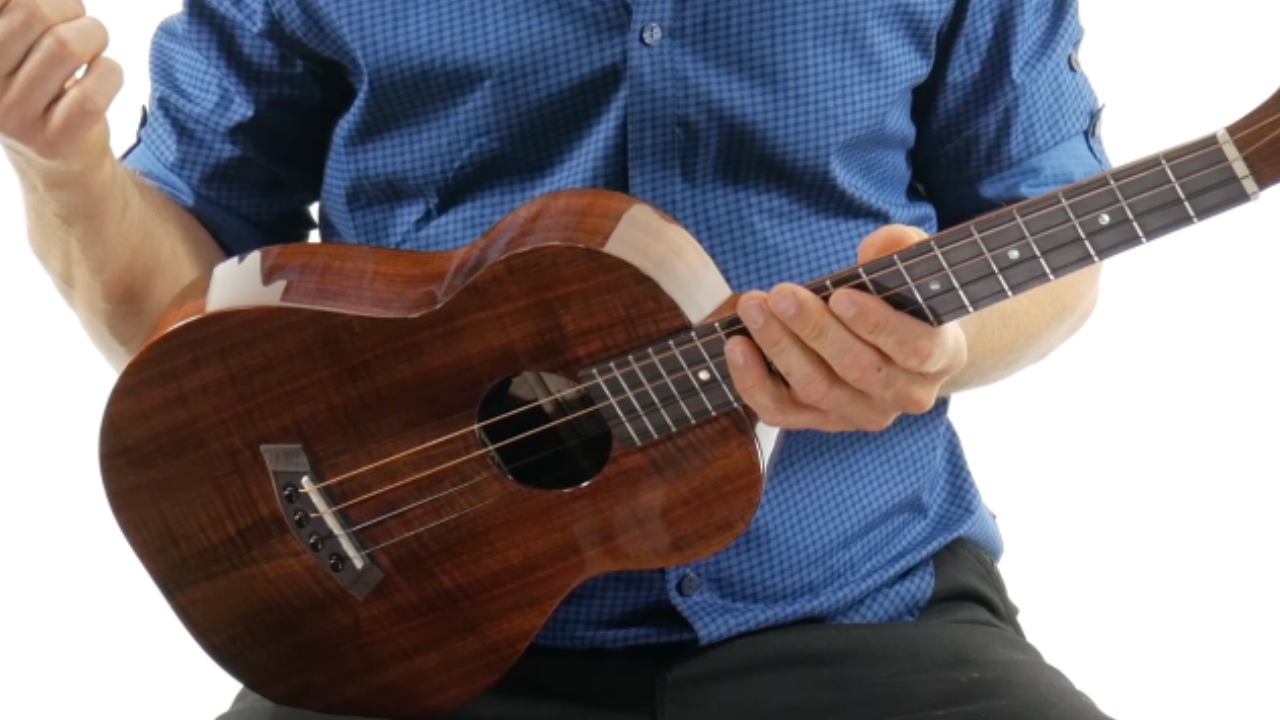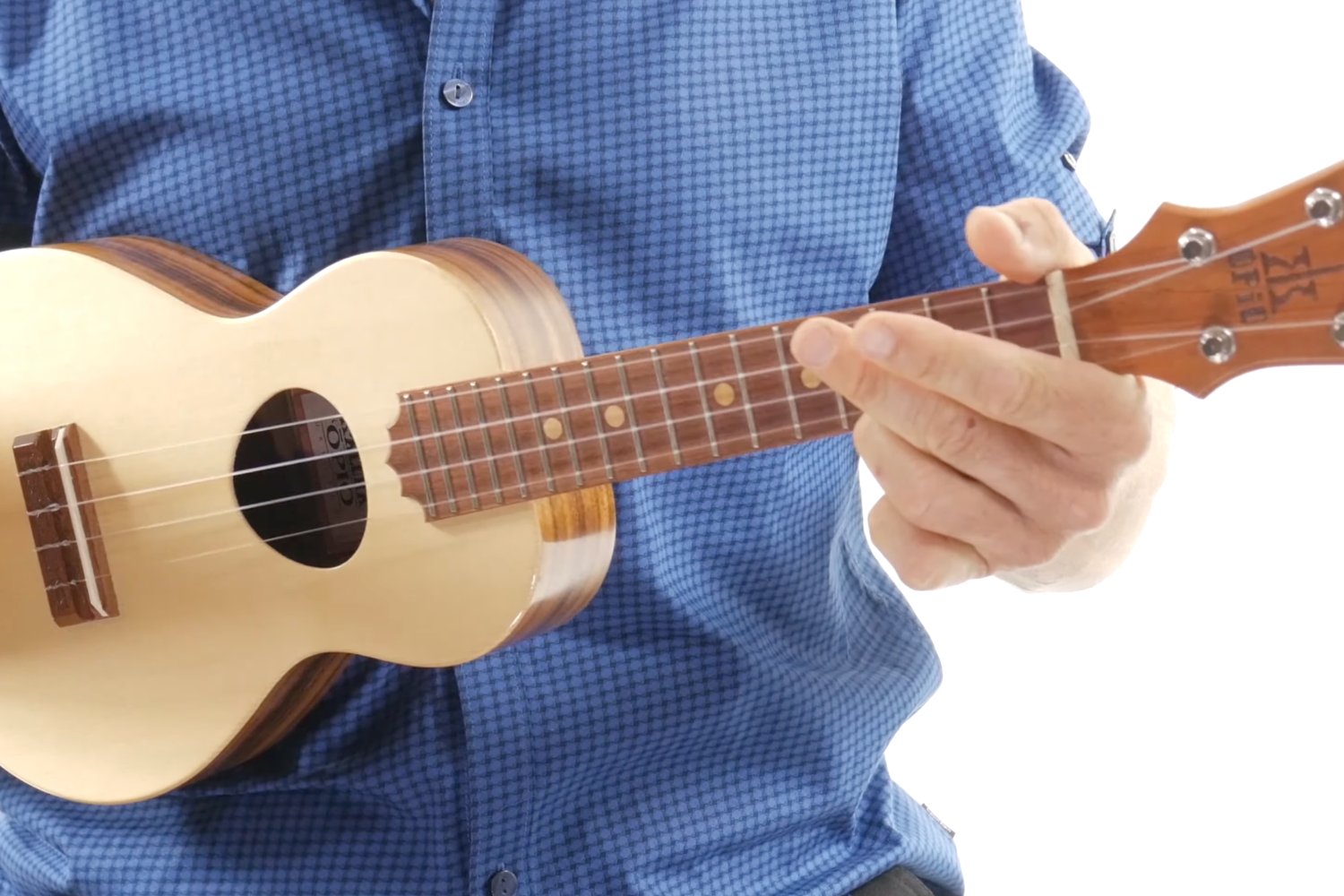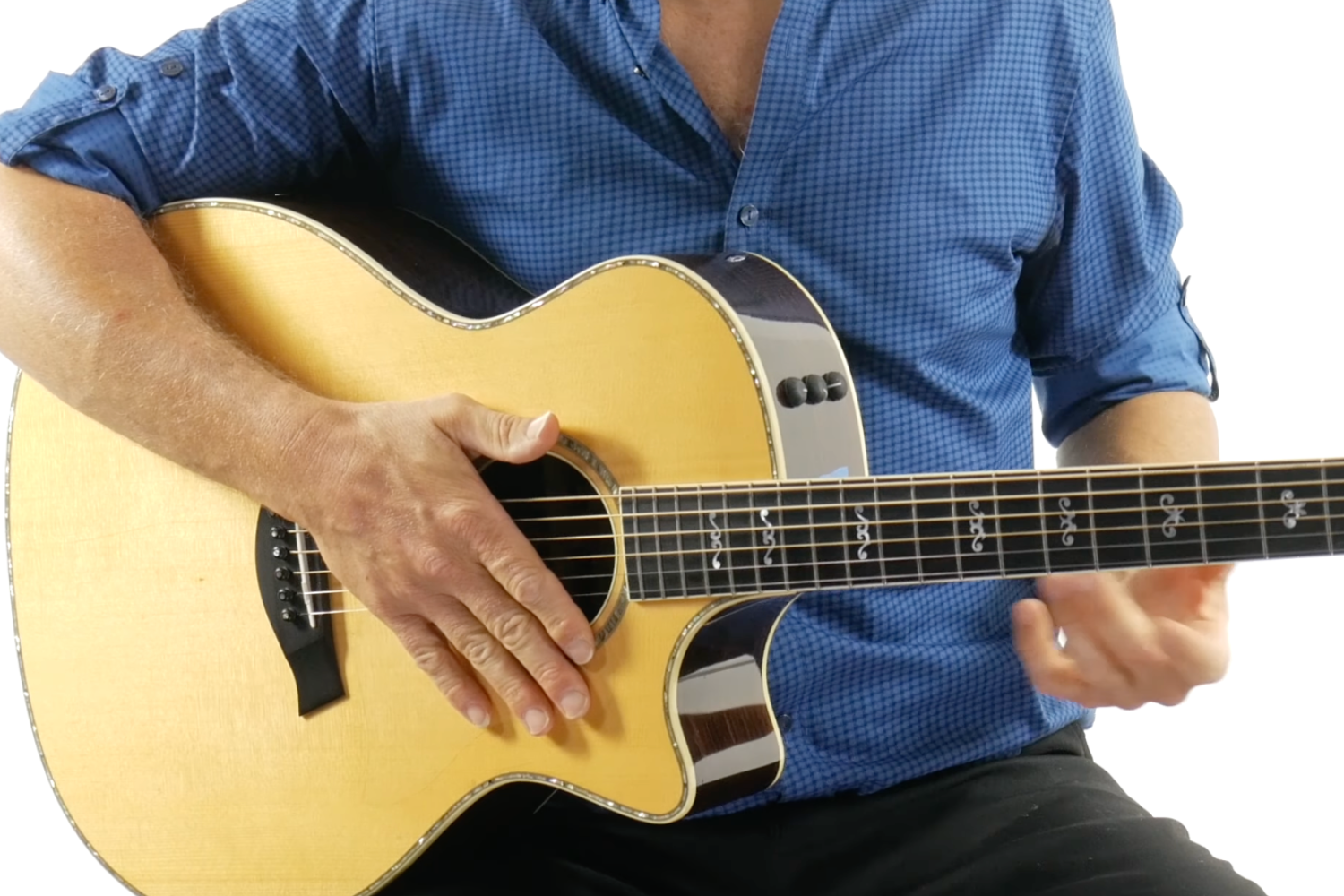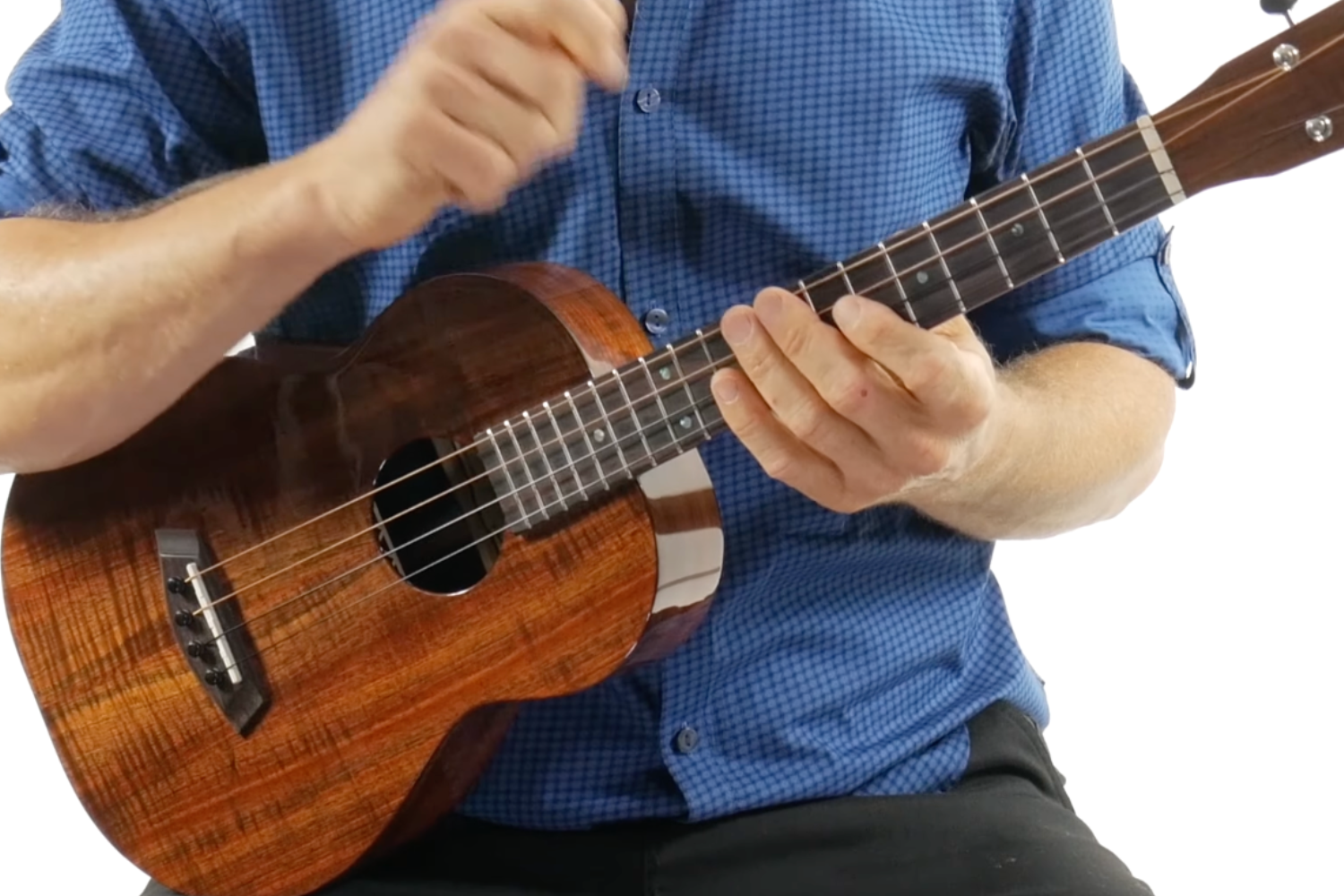Baritone Ukulele vs. Guitar and Soprano Ukulele: Which Is Right for You?
May 07, 2025
When choosing a stringed instrument, many players find themselves torn between the baritone ukulele, the guitar, and the soprano ukulele. Each has its own unique features and challenges, but which one is best suited to your musical journey? In this article, we’ll explore the strengths and limitations of each to help you decide.
Understanding the Soprano Ukulele
The soprano ukulele is often the first ukulele many players encounter. Its compact size and bright, cheerful tonemake it popular, especially for beginners and those seeking portability. Typically strung with a high G, the soprano offers a distinctive, chime-like sound.
However, the soprano does come with limitations:
-
Restricted range for chords and soloing.
-
Tight fret spacing, which can pose a challenge for players with larger hands.
-
Perception: Despite talented soprano players, some listeners view the soprano’s tone as “toy-like” and less serious compared to larger instruments.

If you value simplicity and portability, the soprano is a solid choice—but it may not satisfy those seeking a broader musical range.
Considering the Guitar
For many, the guitar represents a natural step up from smaller instruments. Its six strings provide a wider tonal range, especially in the lower registers. This makes it ideal for:
-
Rich chord voicings.
-
Bass lines and intricate arrangements.
-
Diverse musical styles, from folk to rock.
However, the guitar’s strengths come with challenges:
-
Complexity: Bar chords and wider necks can take years to master.
-
Physical demands: Larger size, higher string tension, and finger pain are common hurdles, particularly for players with smaller hands or wrist issues.

While the guitar offers versatility and deep tones, it demands a significant learning curve and physical resilience.
The Baritone Ukulele: The Best of Both Worlds
Enter the baritone ukulele, a hybrid that balances the soprano’s playability with the guitar’s rich, deep sound. Here’s why many players are drawn to the baritone:
-
Four strings make it accessible to ukulele players.
-
Deeper, warmer tone thanks to lower-pitched strings and a larger body.
-
Comfortable neck size, easier on the hands and fingers.
-
Versatility: Great for both chords and melodic soloing.

The baritone ukulele bridges the gap between the light, bright soprano and the robust, full guitar. It’s particularly suited for players seeking a richer sound without the guitar’s physical challenges.
Which Instrument Should You Choose?
Your decision depends on your musical goals and physical comfort:
-
Choose a soprano ukulele if you want portability, a bright sound, and easy chord shapes.
-
Opt for a guitar if you’re ready for a broader musical range and can commit to the learning curve.
-
Select a baritone ukulele if you desire a warm tone, easy playability, and a balance between simplicity and sound richness.
Final Thoughts
Choosing an instrument is a deeply personal decision. Consider your musical preferences, physical comfort, and willingness to practice. And remember—there’s no wrong choice, only the one that fits your journey best.
Stay tuned for more insights and, as always, happy strumming!
See Available Ukuleles at Terry Carter Music Store
Master the Ukulele at Uke Like The Pros
Master the Guitar at Rock Like The Pros

